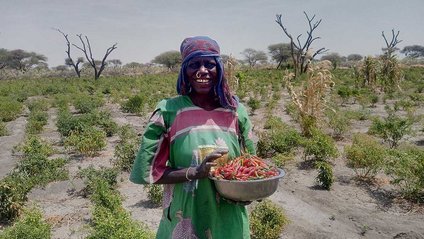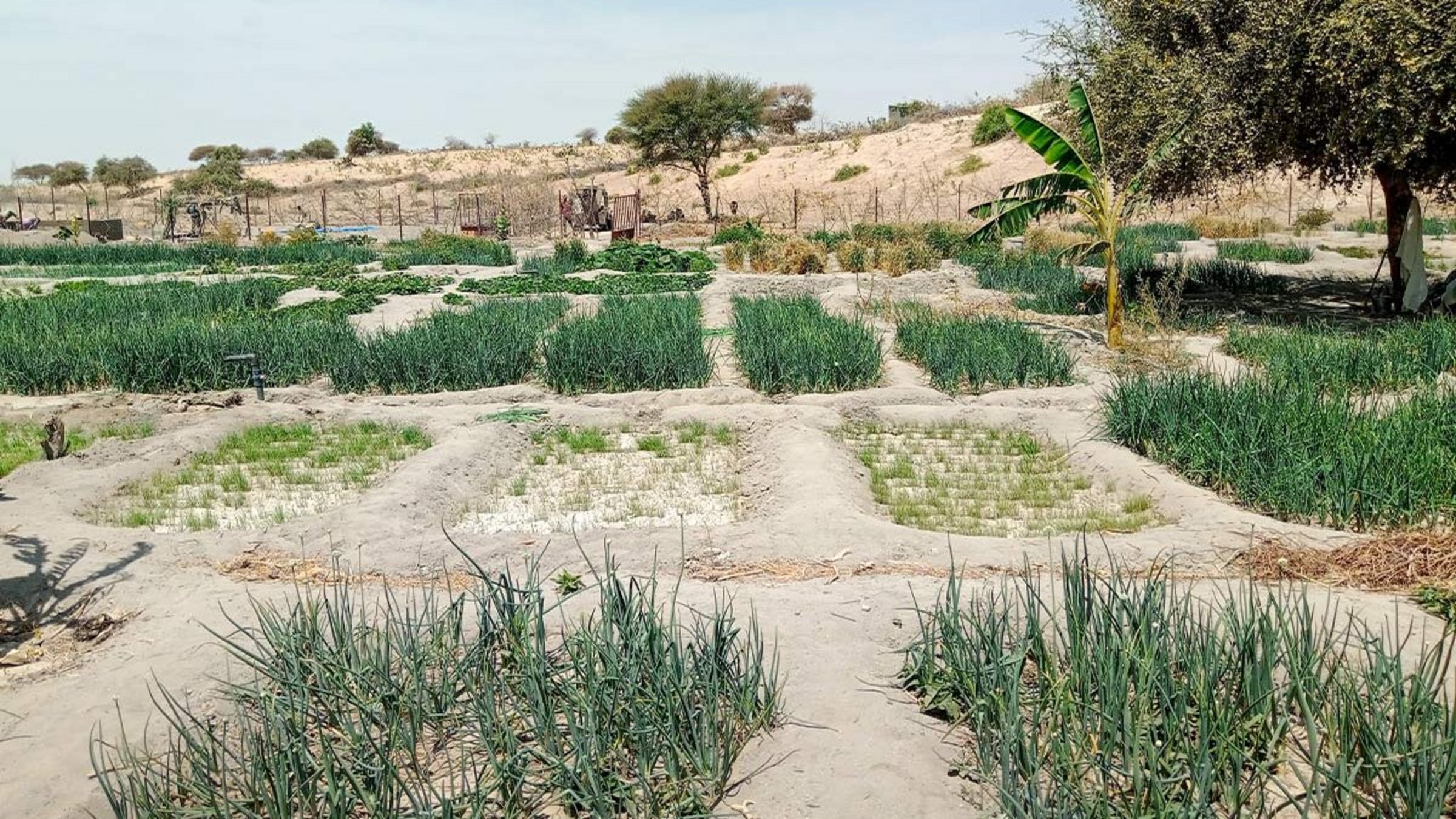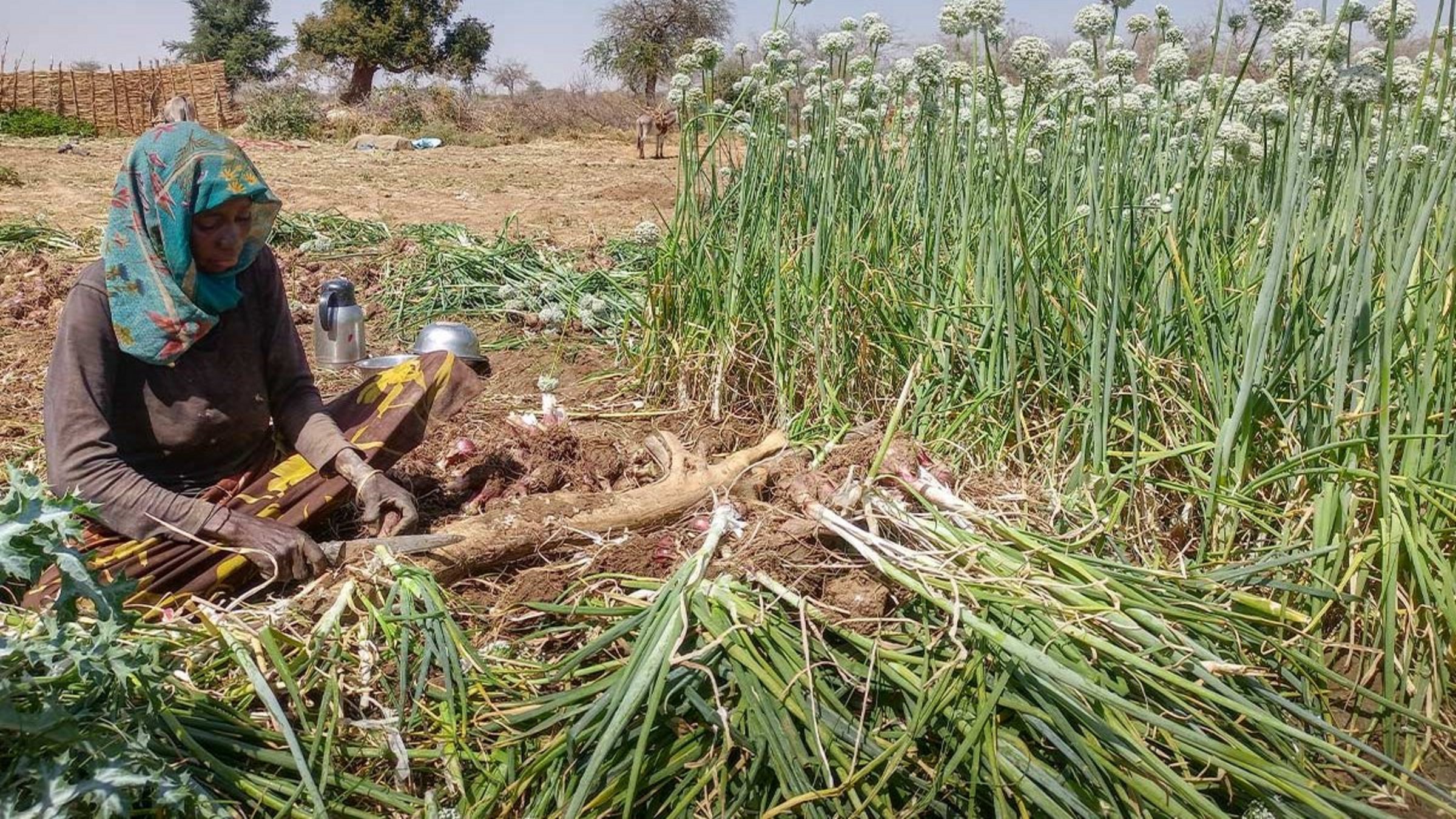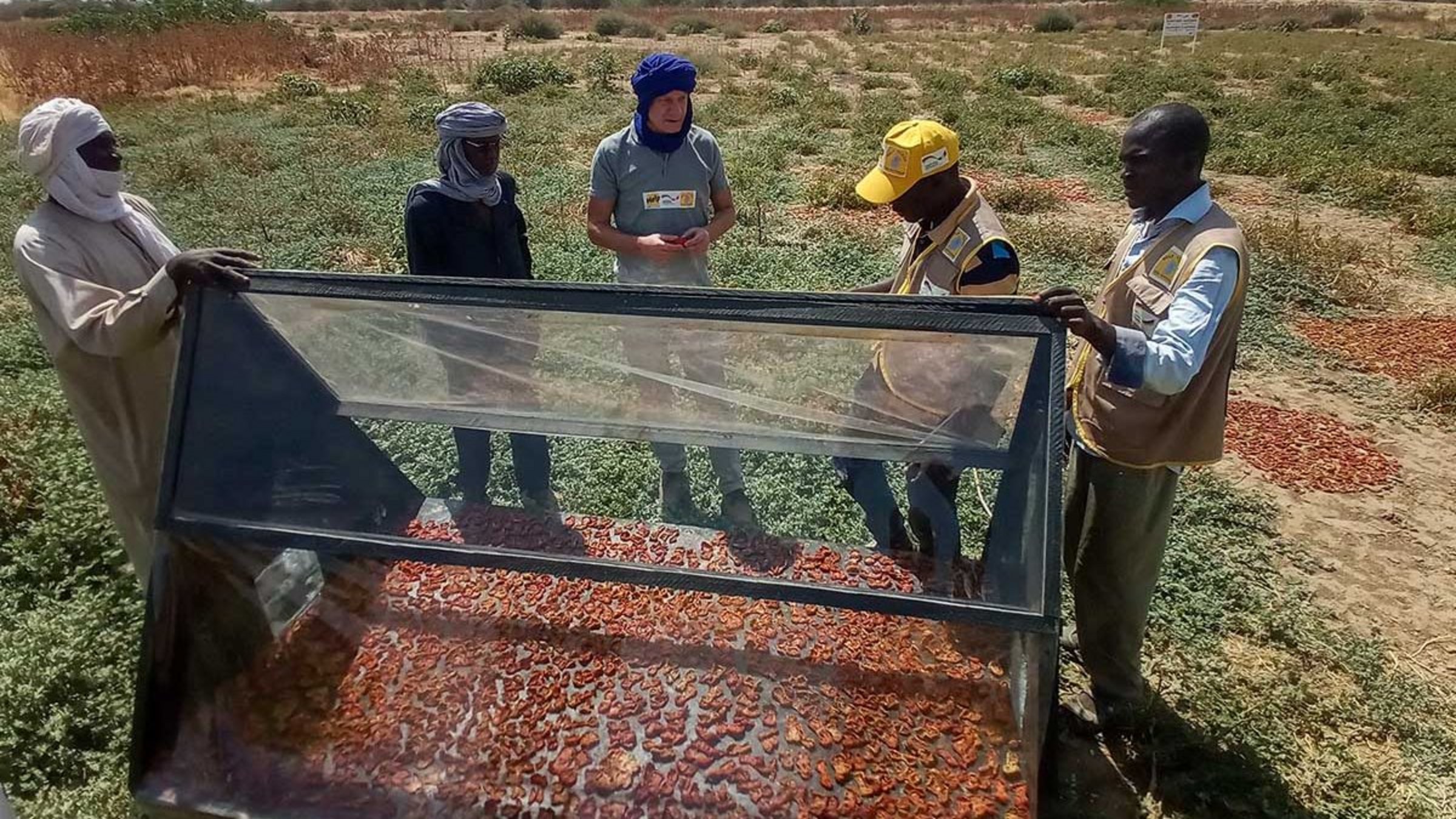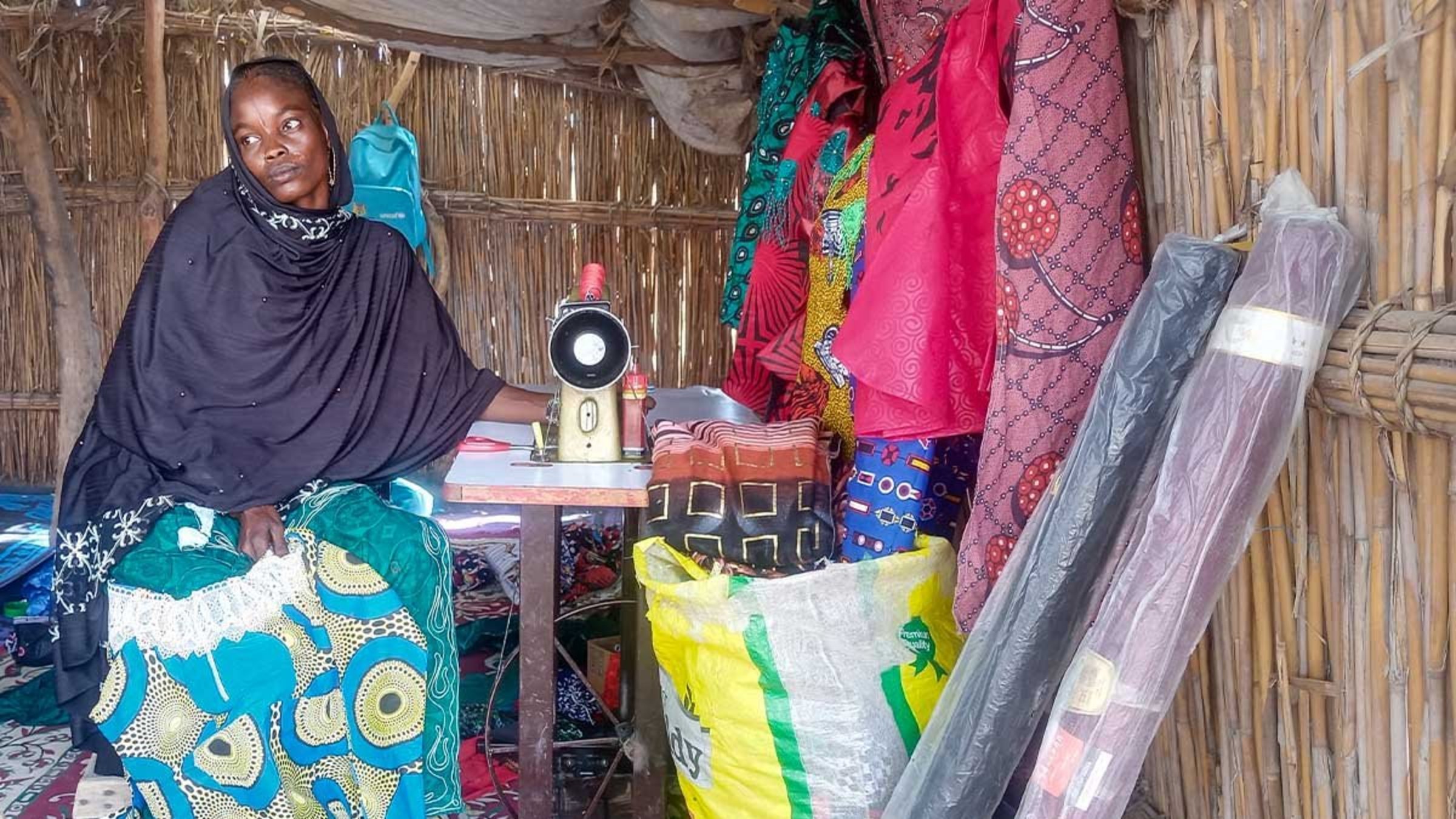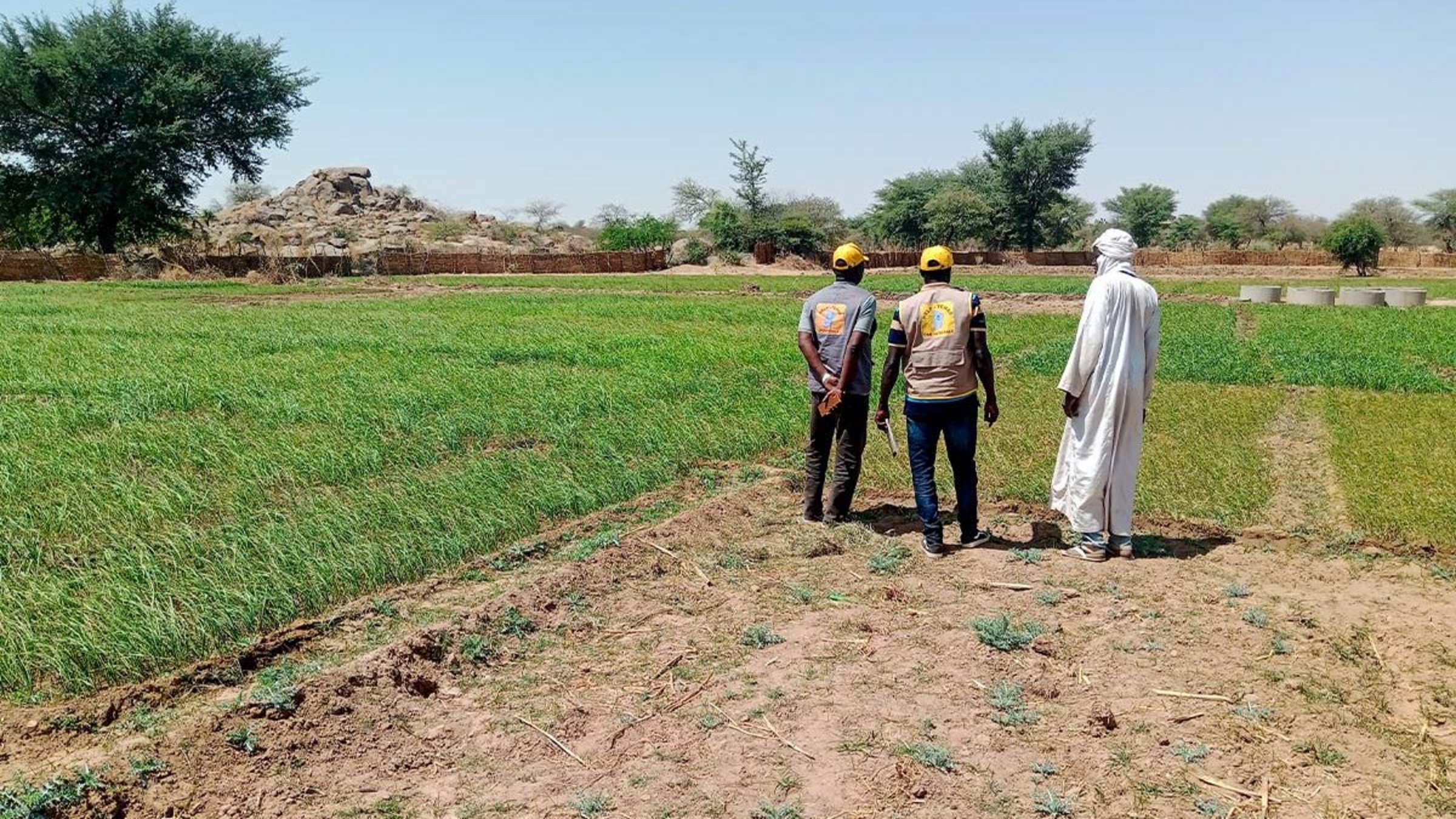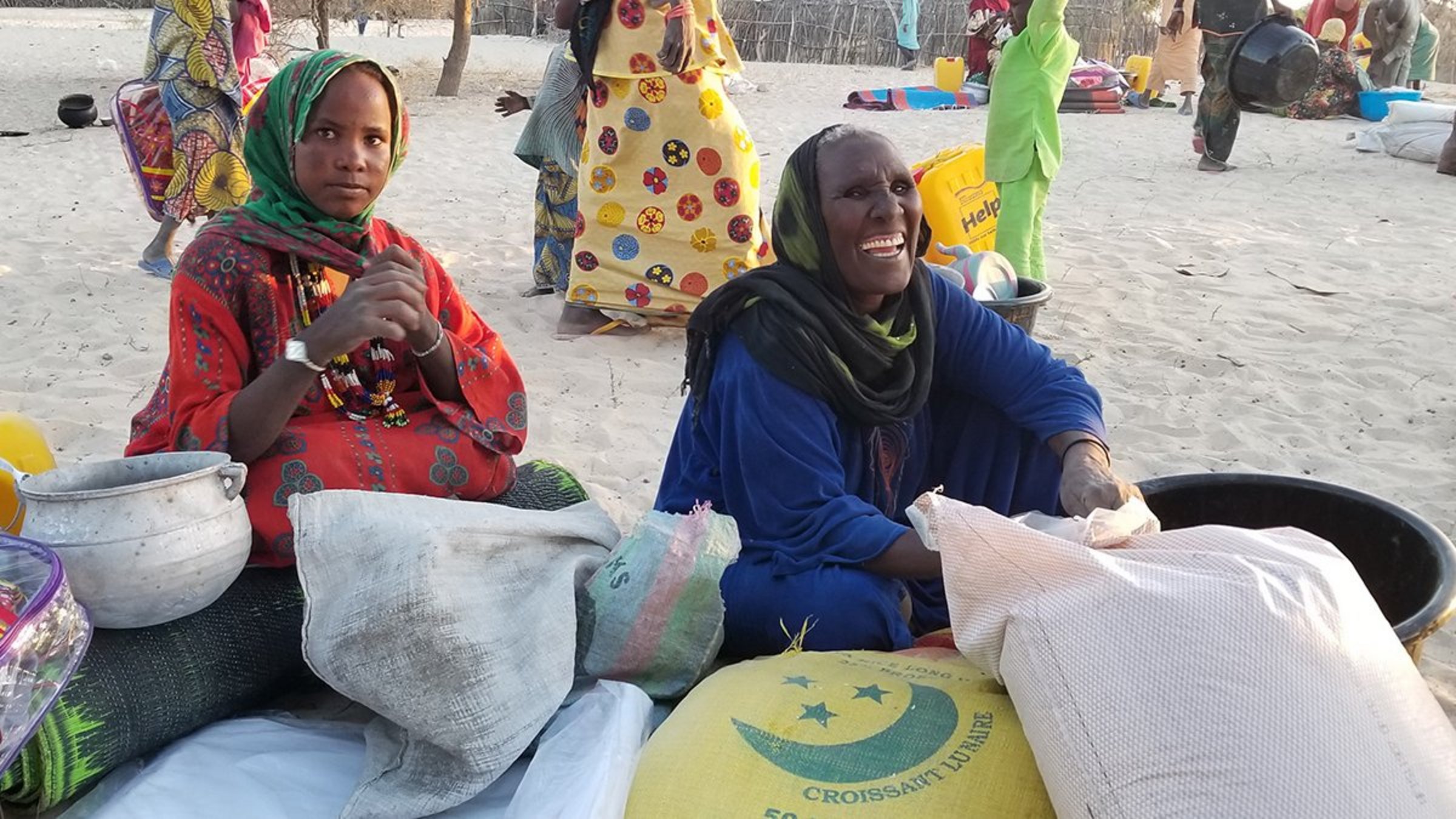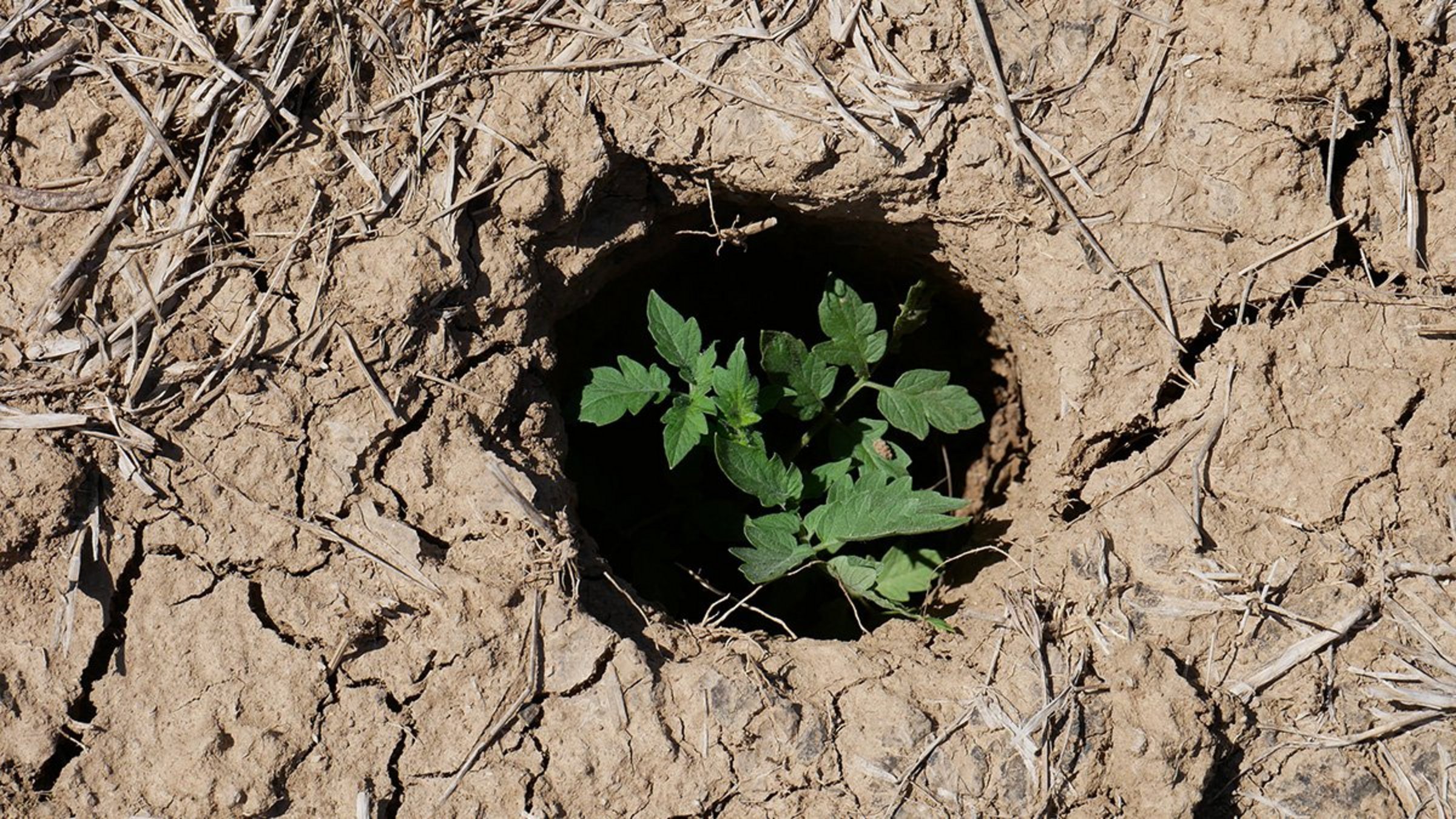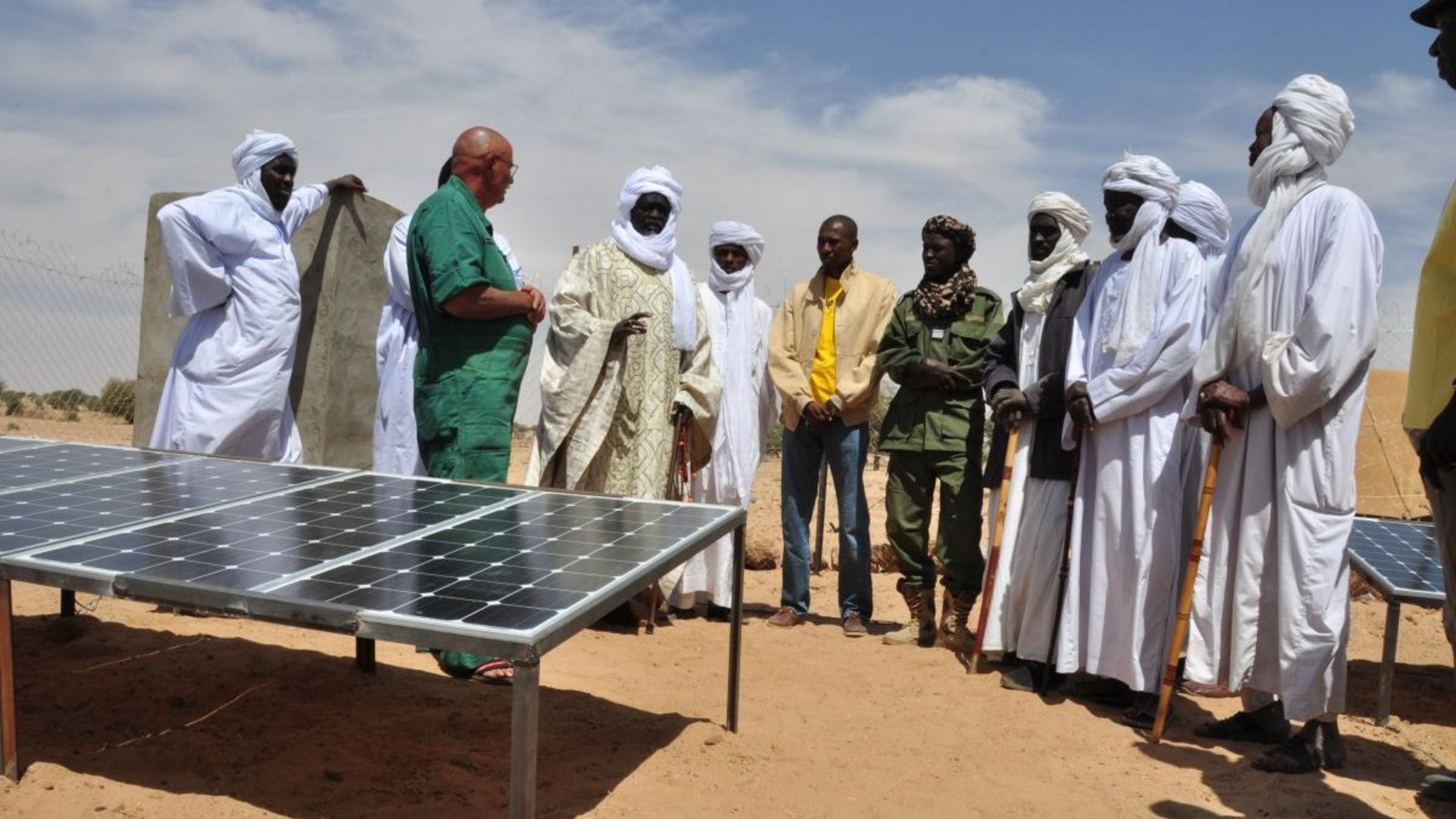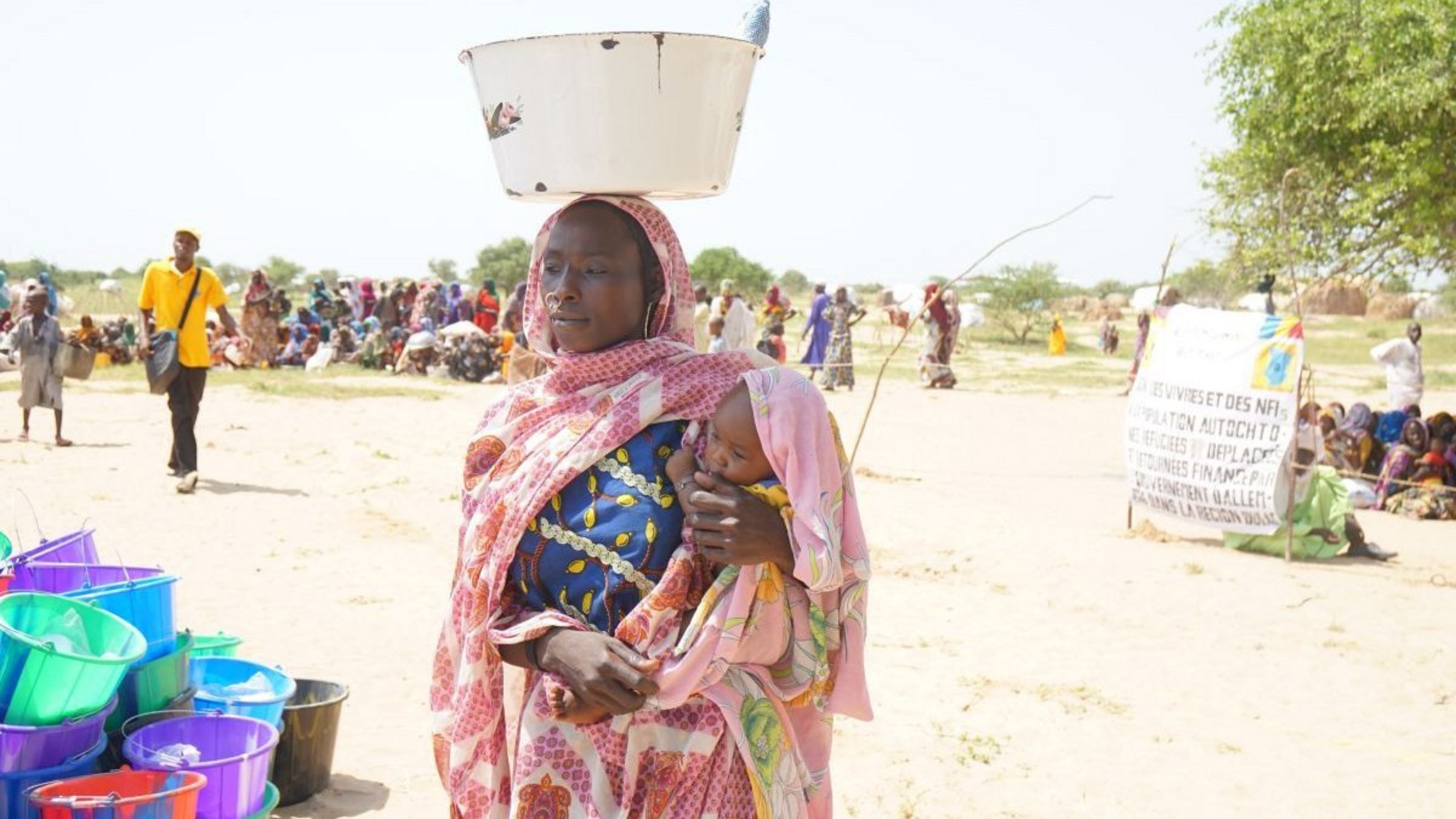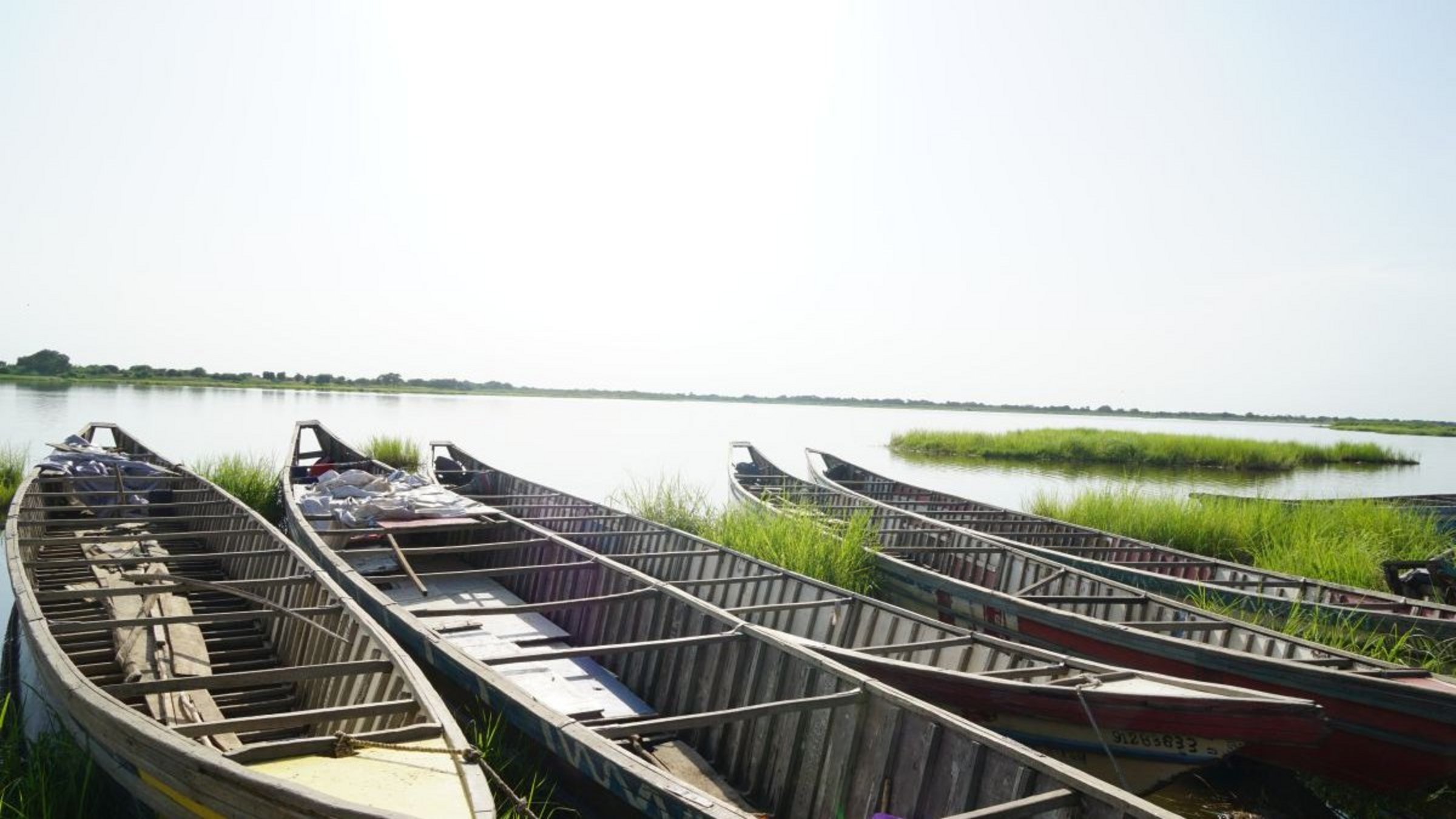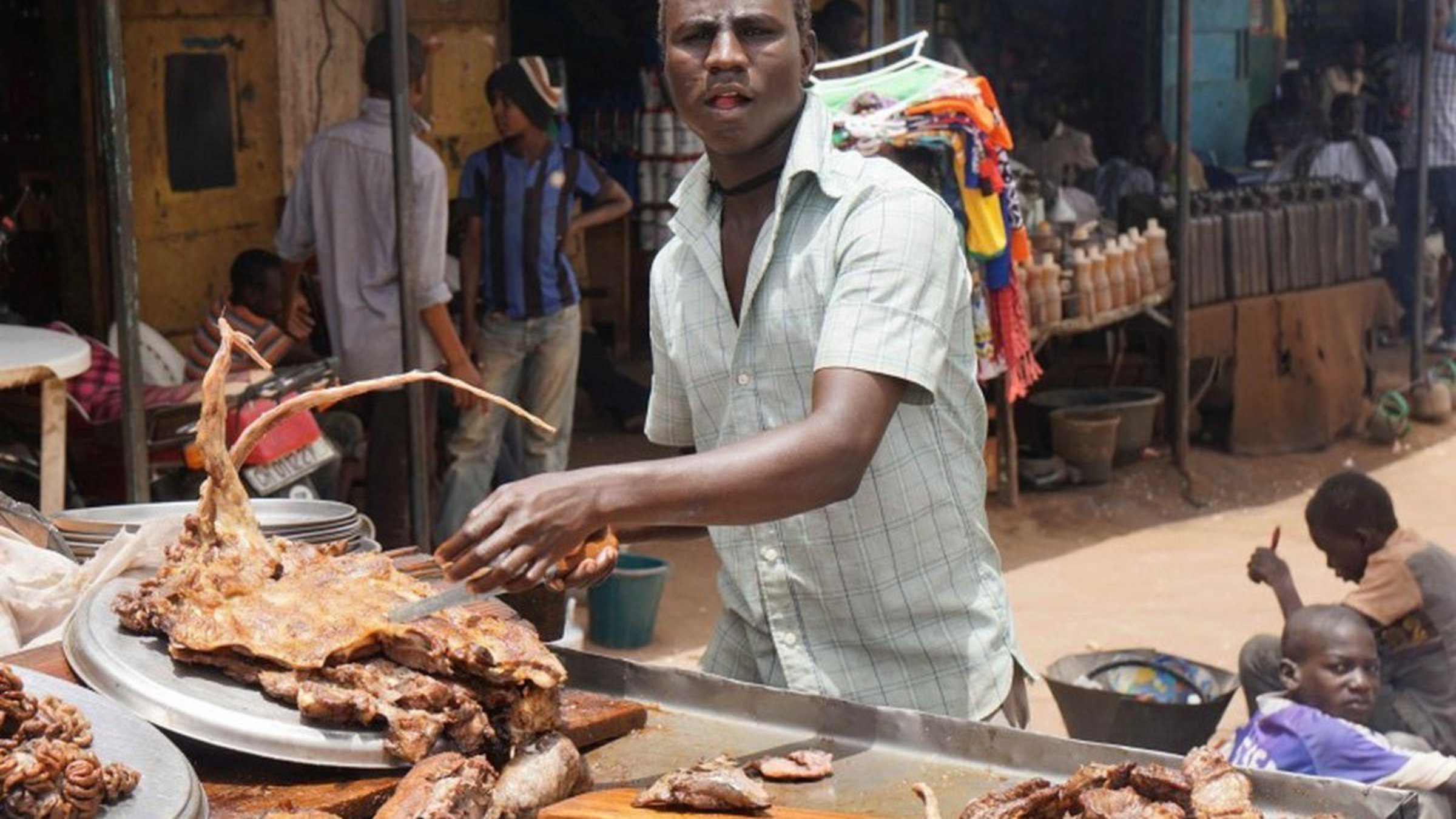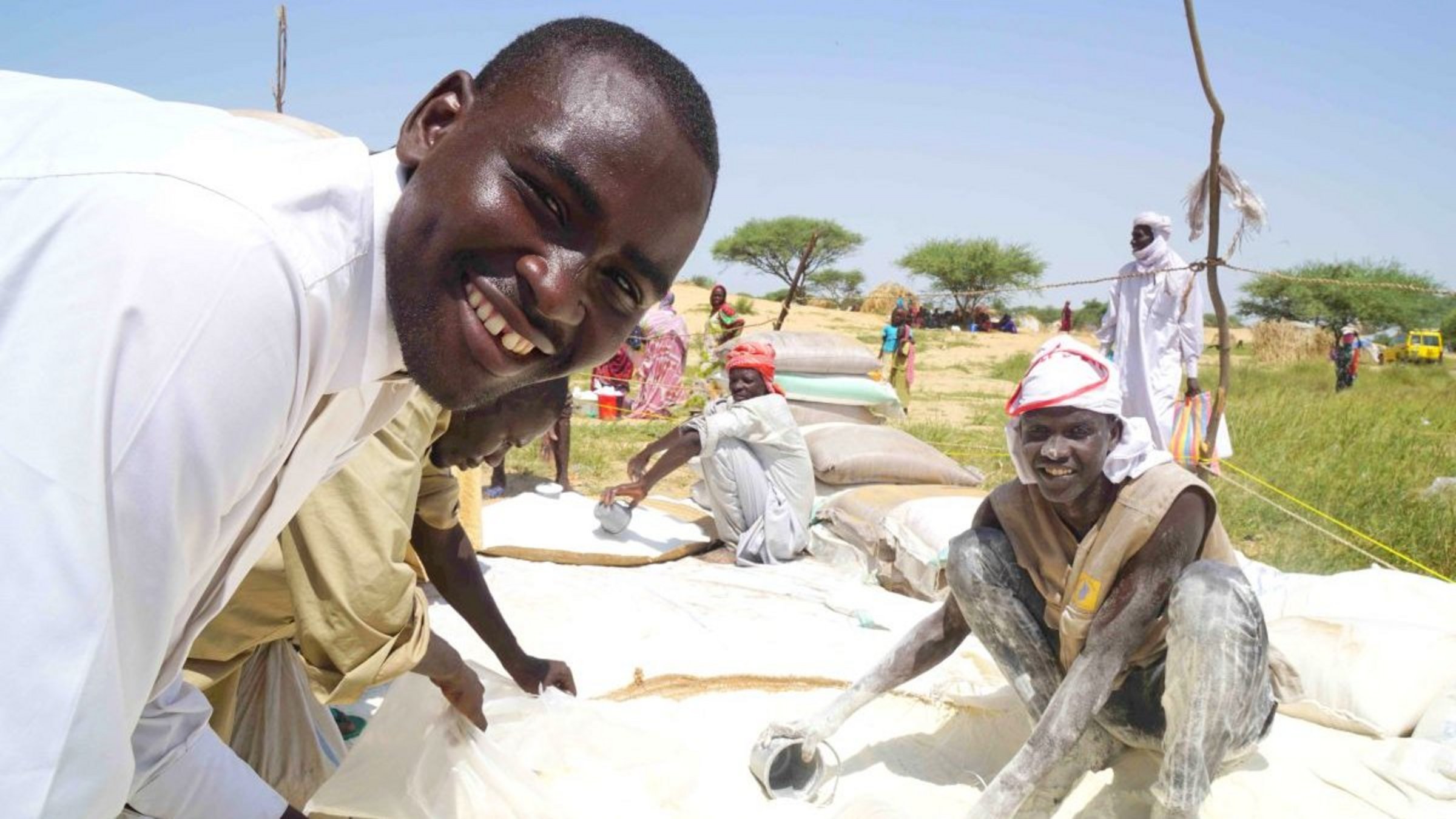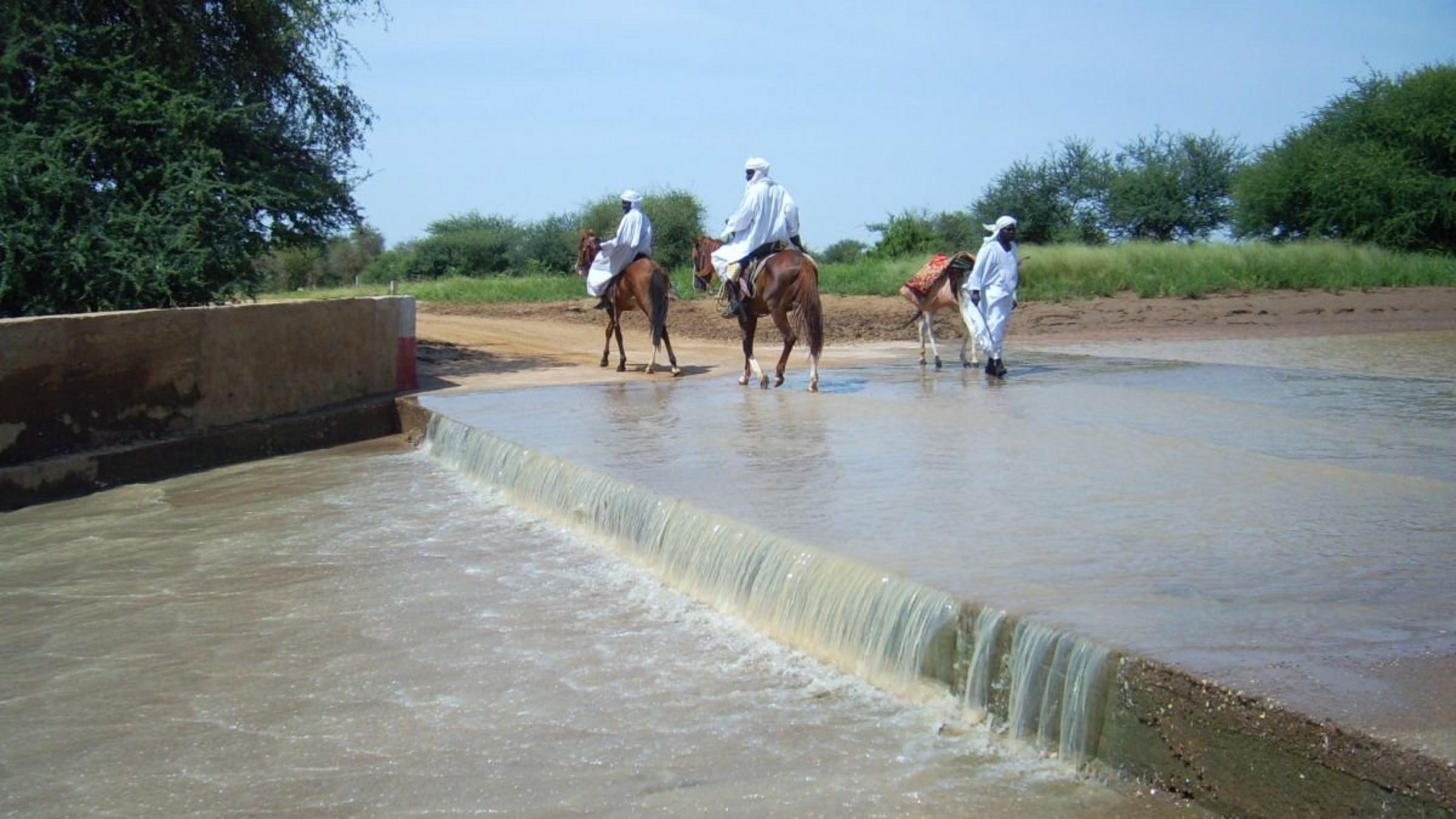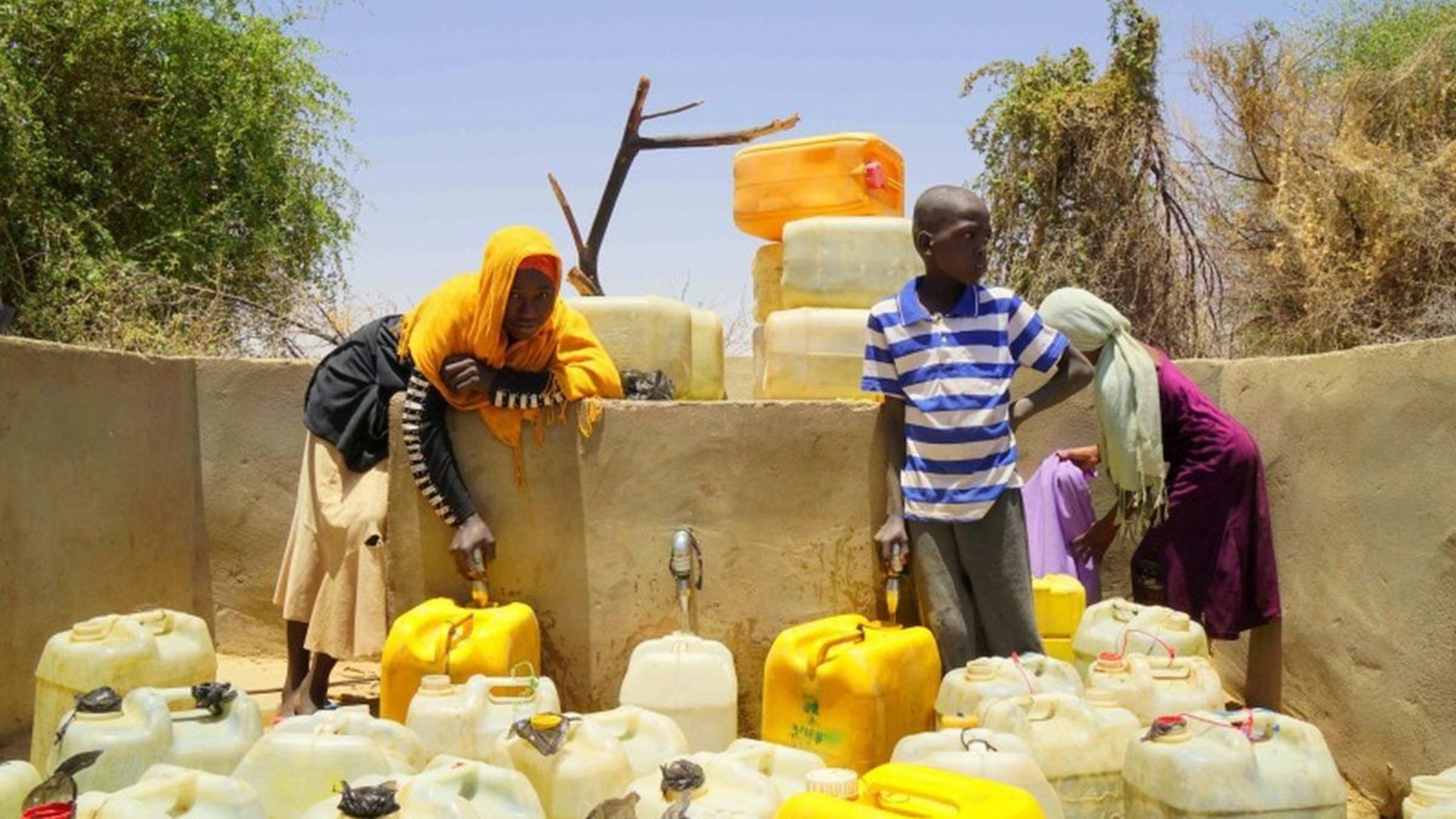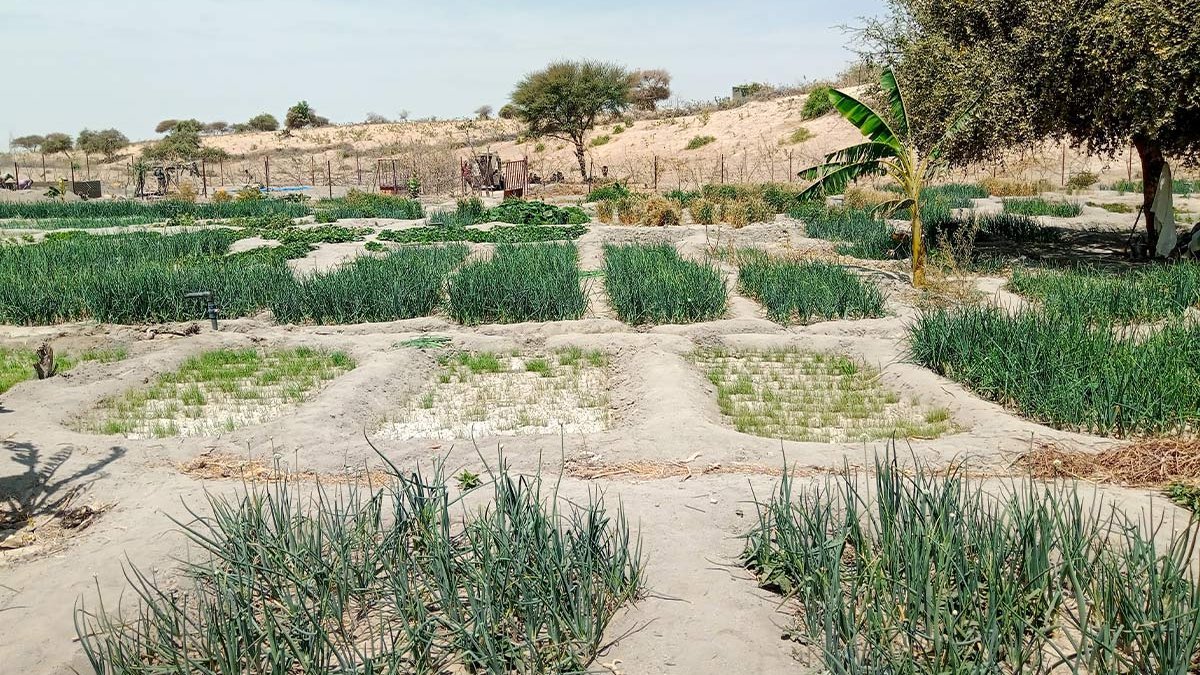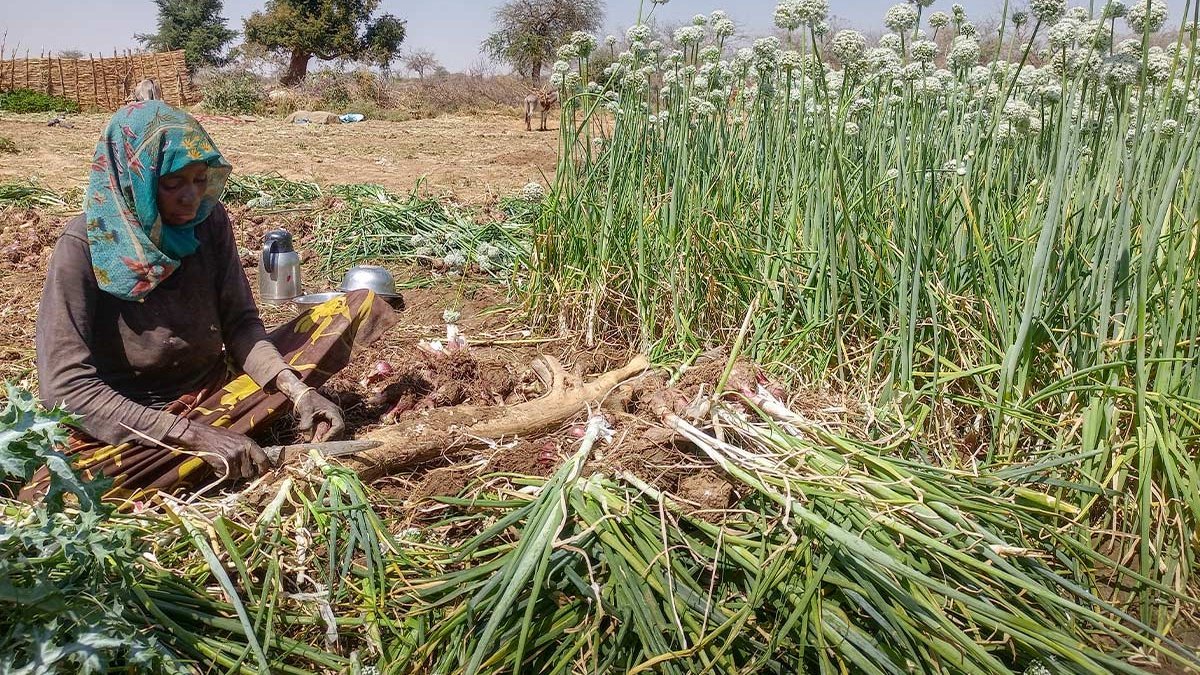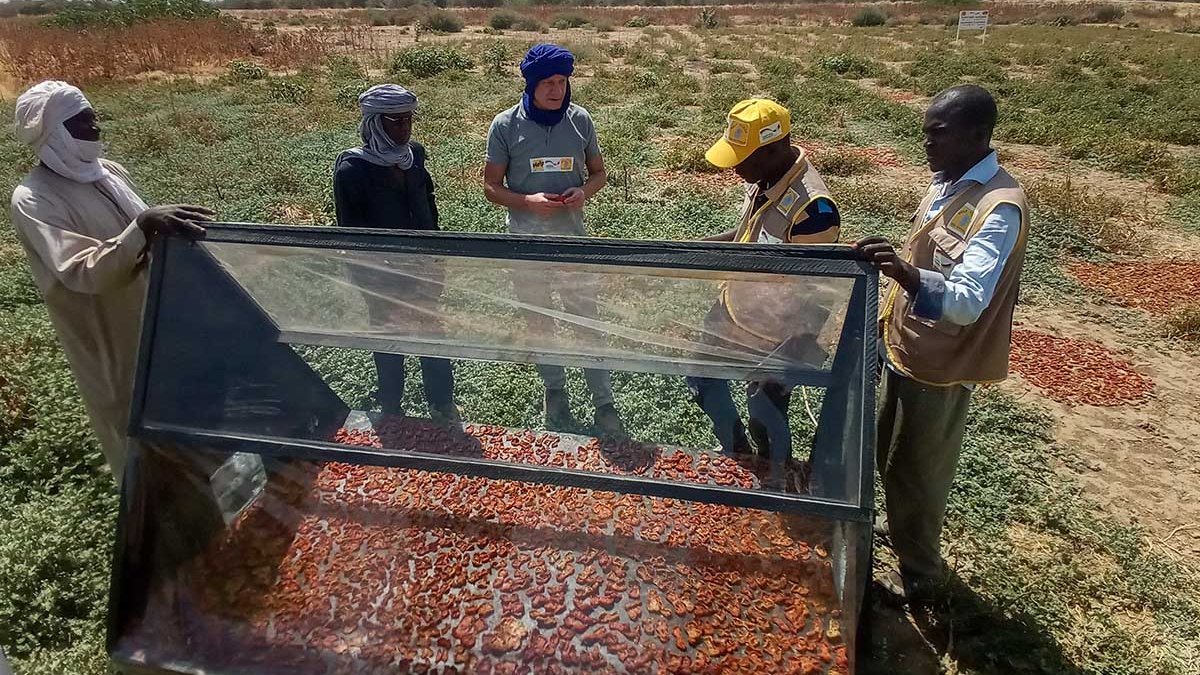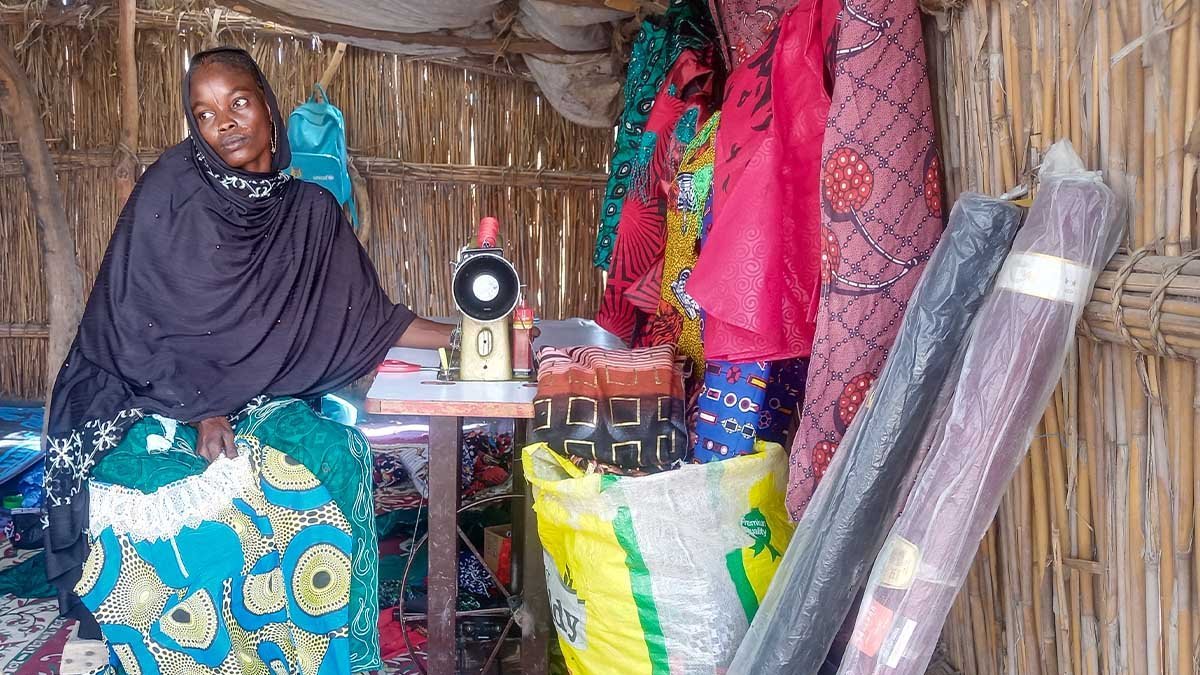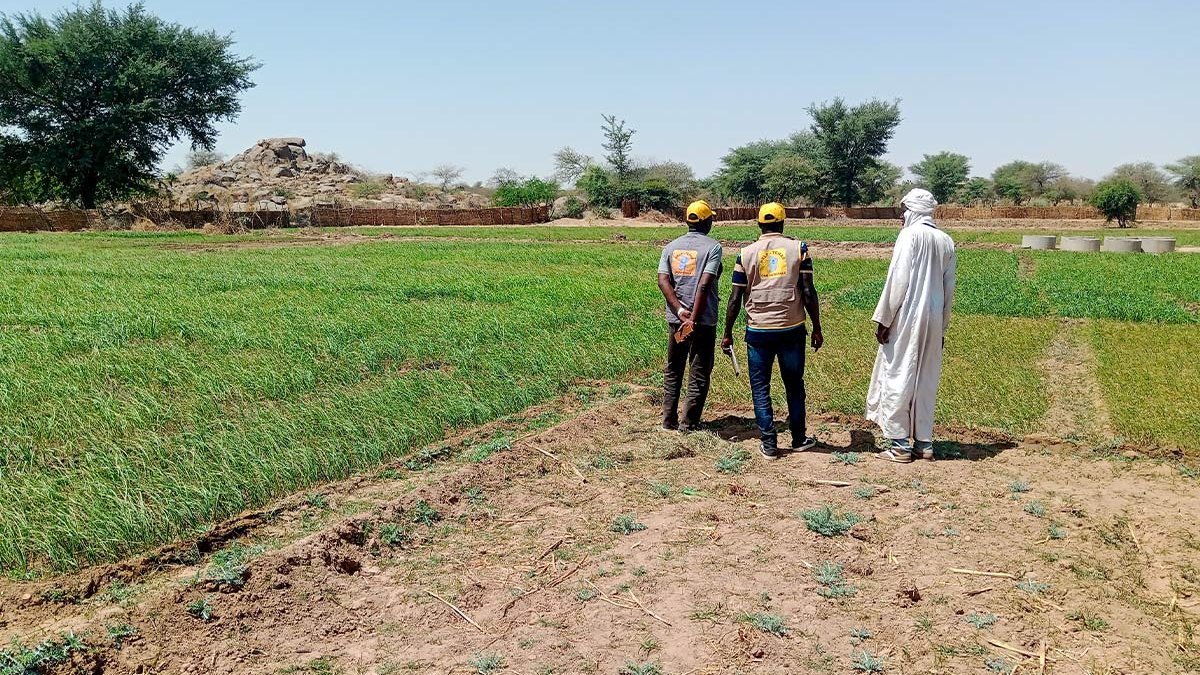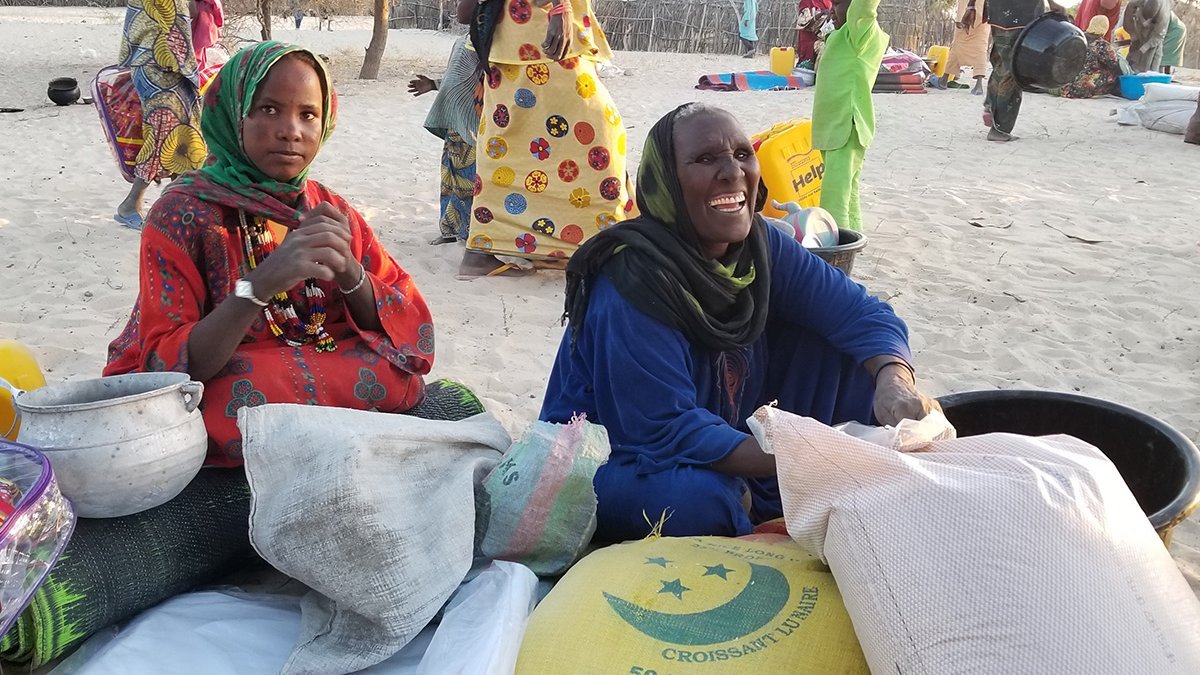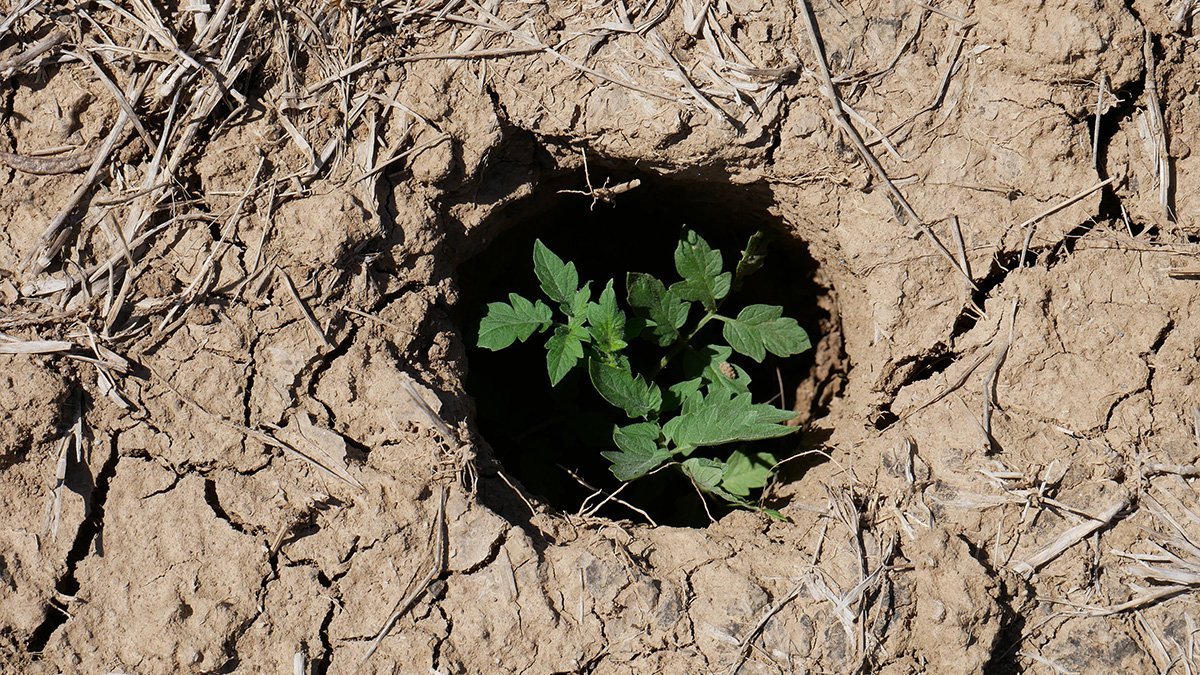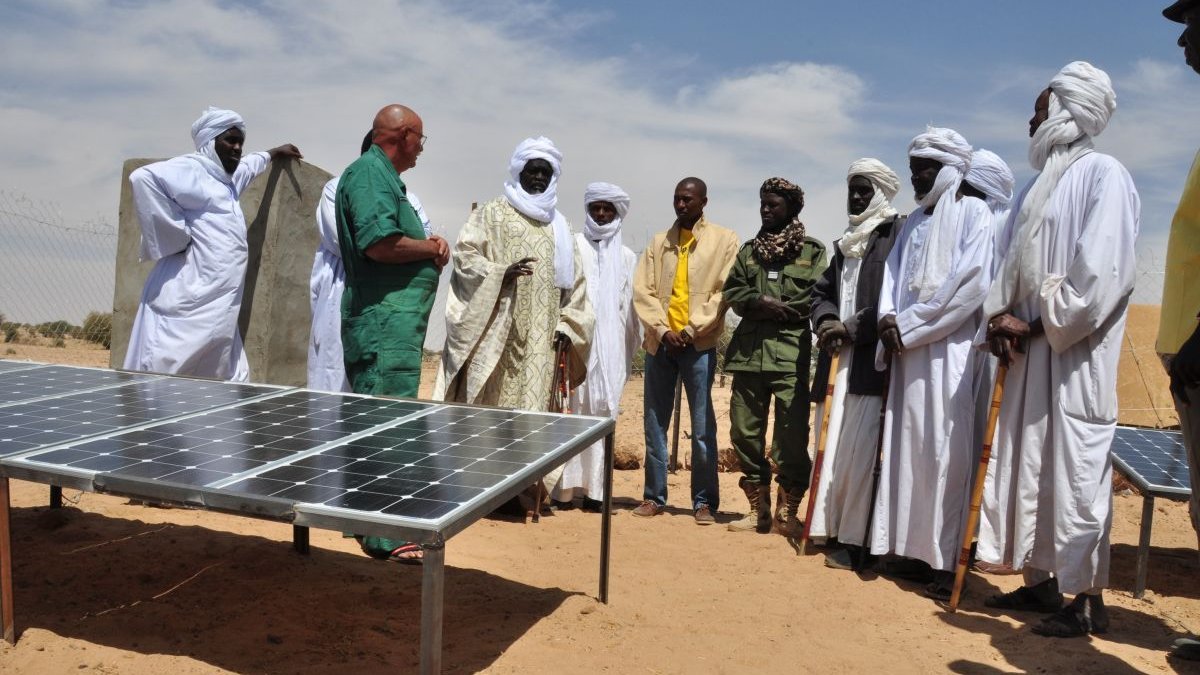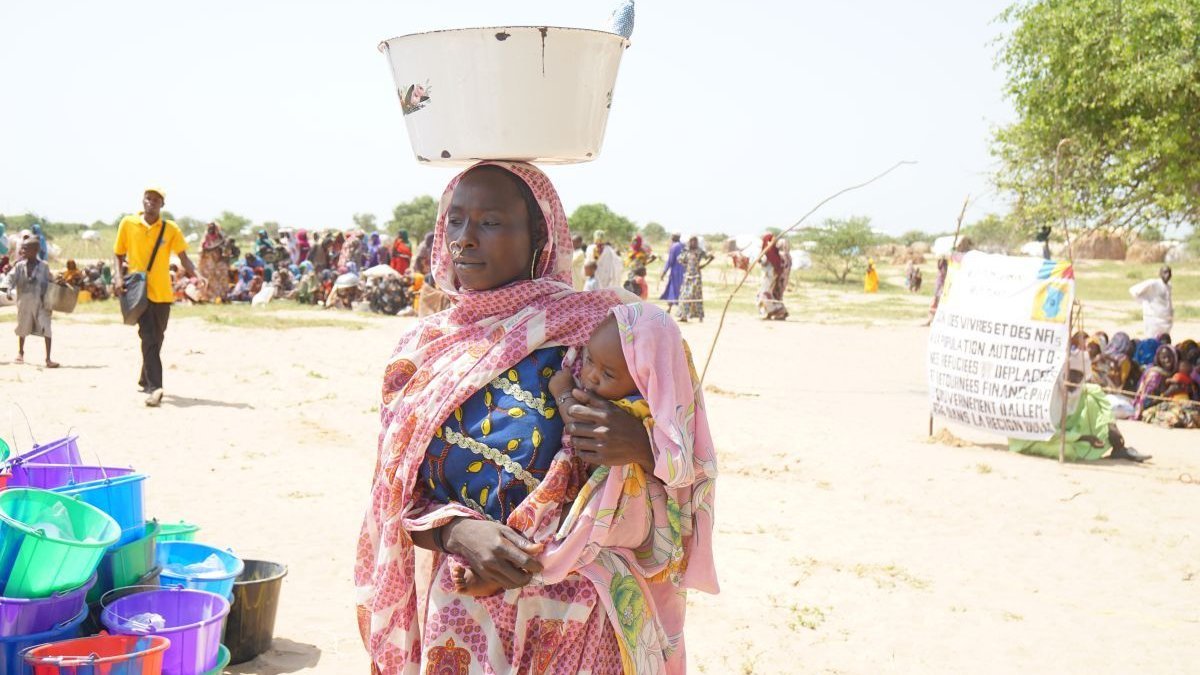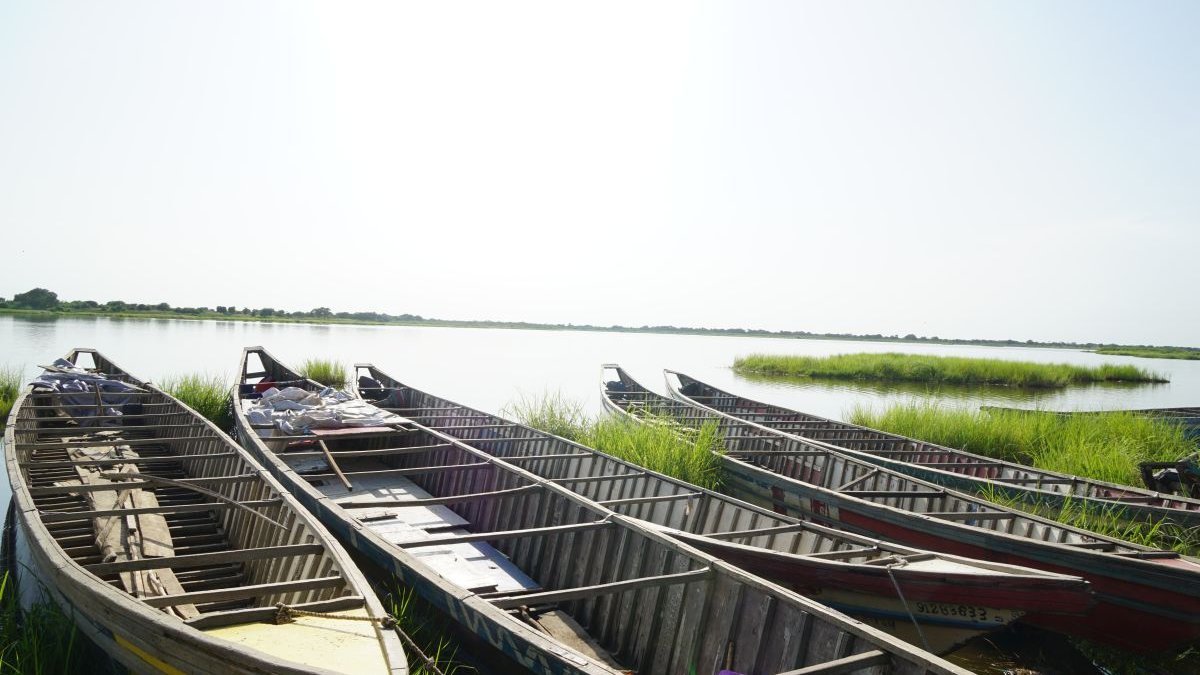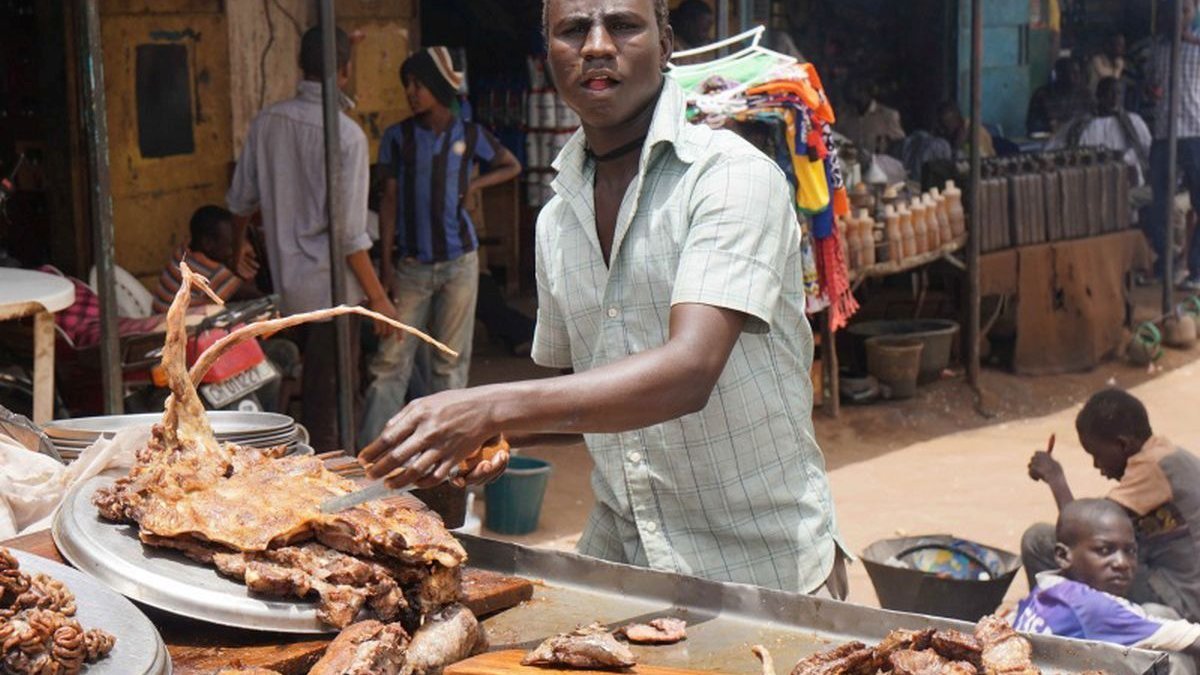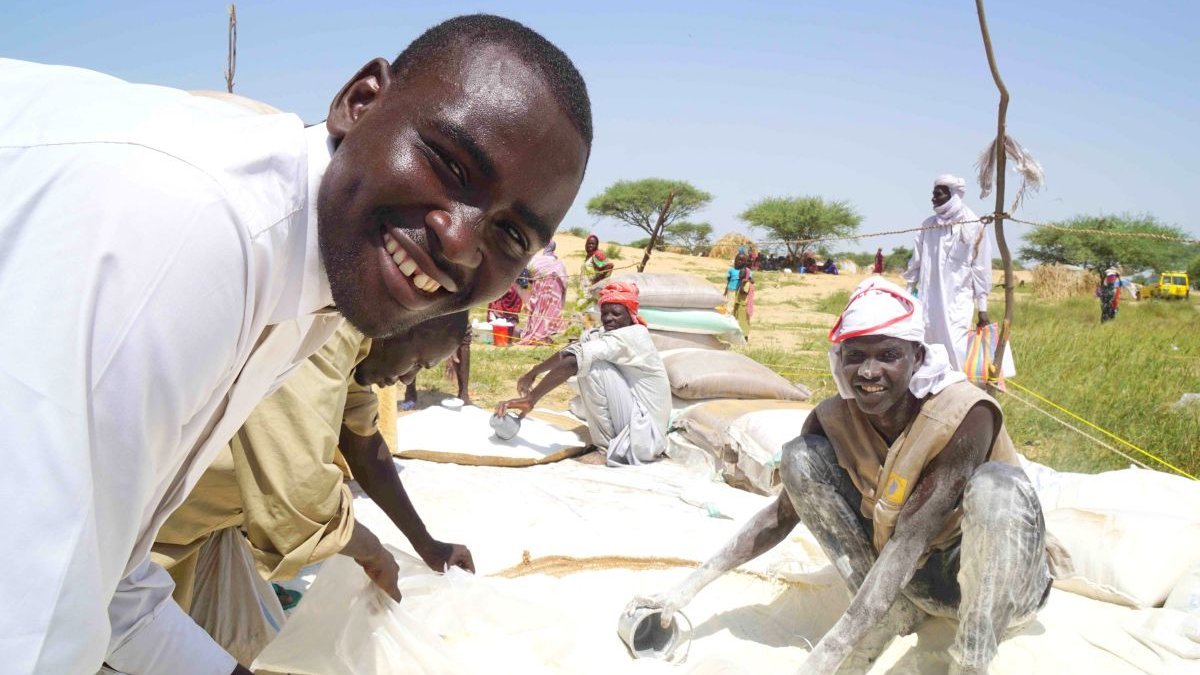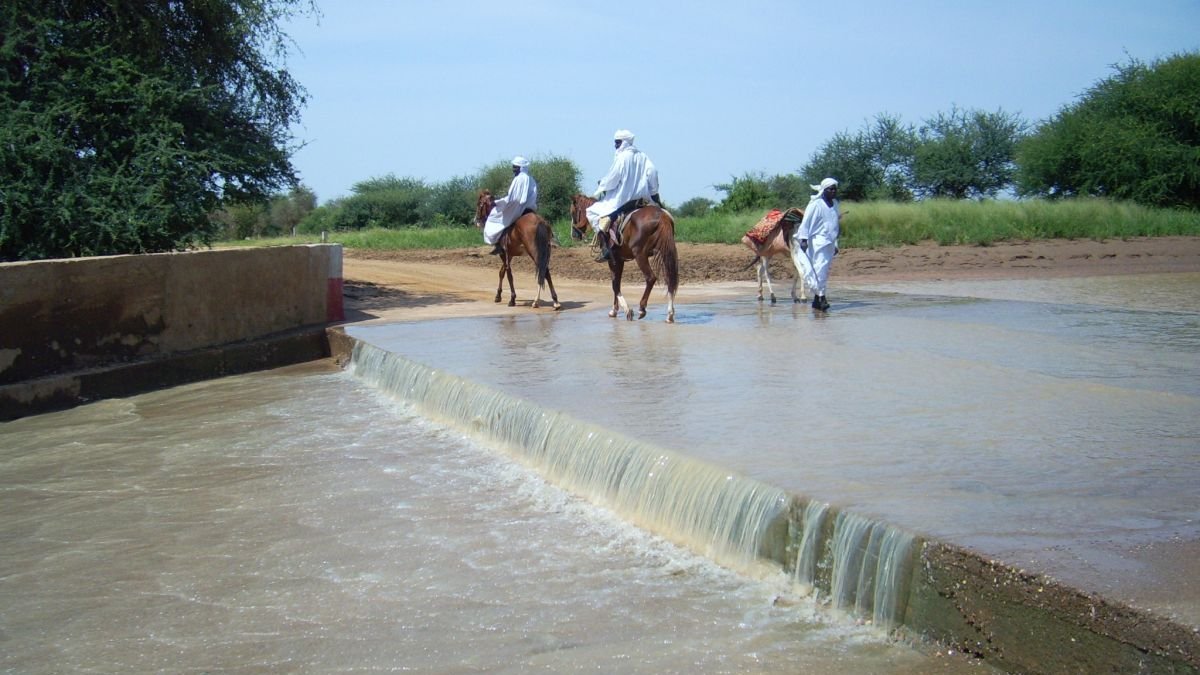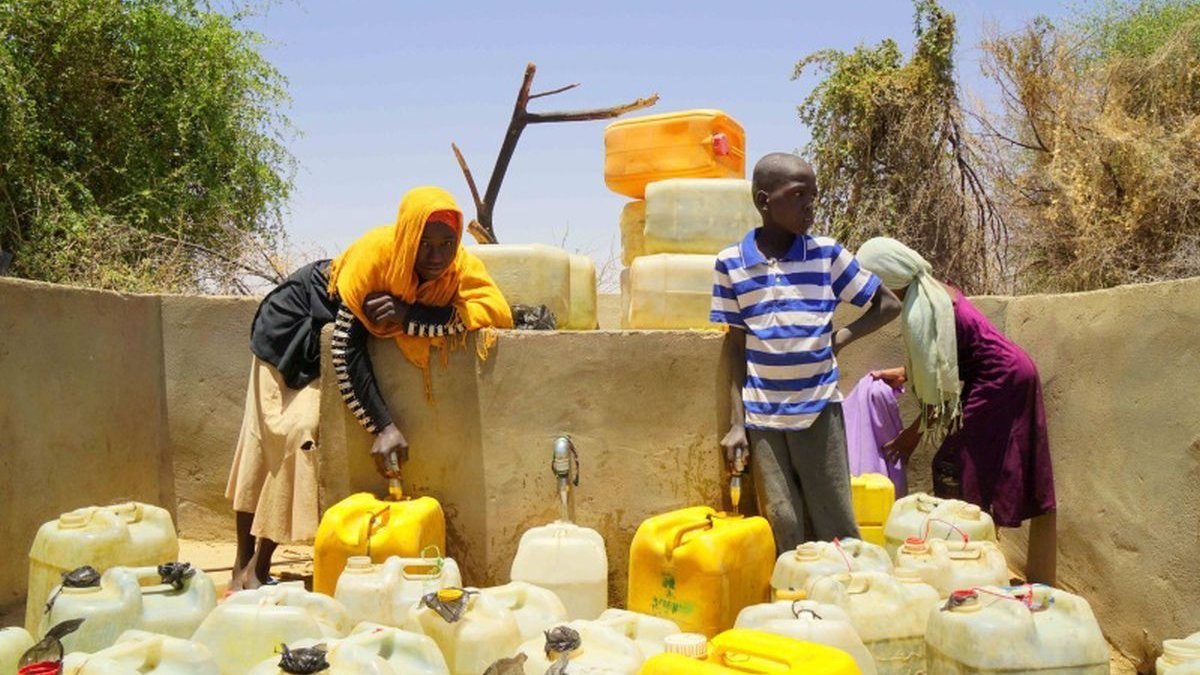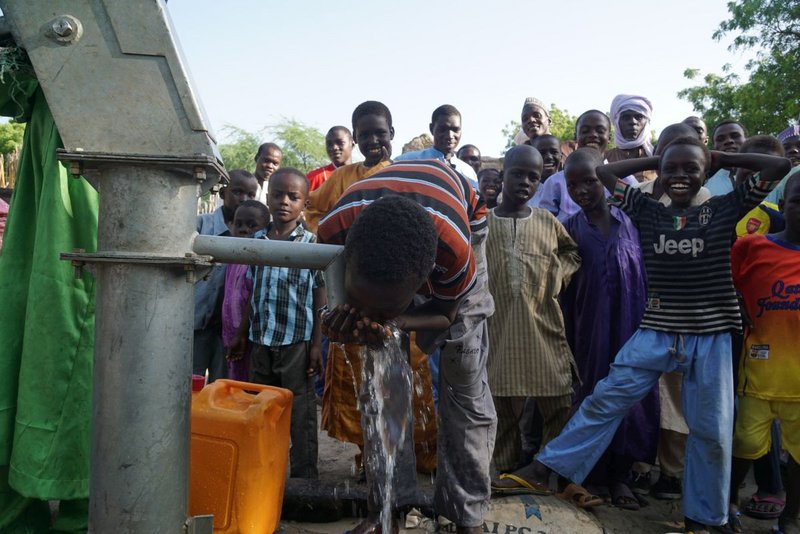Donate for Chad
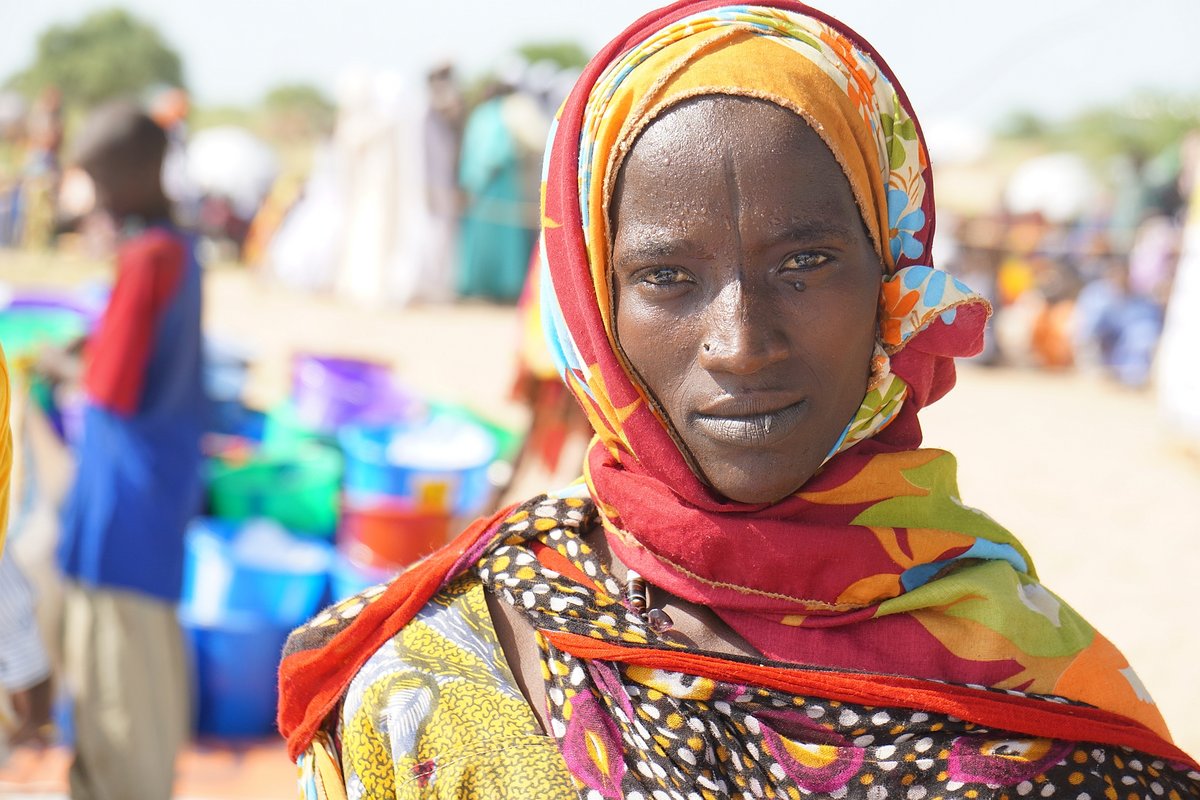
Help for Chad
A country marked by conflict: In Chad, Help is committed to helping displaced families from Sudan and the Lake Chad region. We also promote income opportunities for young people and women through agricultural projects.
How is Help providing support in Chad?
Strengthening resilience and creating prospects
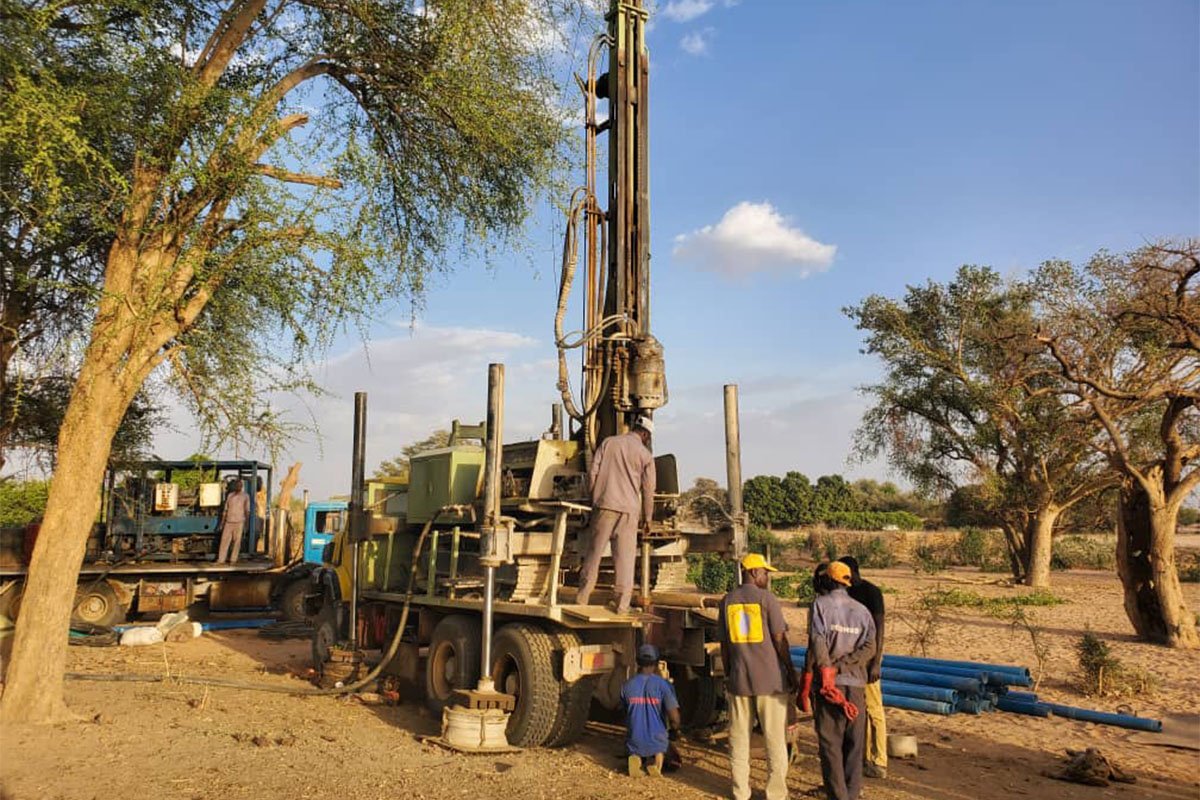
In Chad, which is already dry, supplying the population with water is a major challenge. The situation is exacerbated by the growing number of refugees from Sudan. We are therefore promoting access to drinking water and sanitation: For the time being, we are providing tankers, drilling wells and building latrines in the host villages.
In the Lake Chad region, Help is improving people's living conditions by distributing relief supplies, expanding access to water and sanitation and promoting agricultural measures. As displacement often occurs in the region, our local partners respond directly in such cases and provide those affected with shelter, relief supplies and food.
In the province of Ouaddai in eastern Chad, we are focusing on improving the income of young people and women. There, we support around 50 agricultural cooperatives in which 30 smallholders grow, process and market vegetables together. True to our principle of helping people to help themselves, we equip the cooperatives with seeds, fertilizer, tools and equipment, provide the necessary infrastructure such as wells, pumps and storage facilities and train the smallholders in agricultural practices and financial literacy. The participants in the project can then earn enough money to provide for their families by selling their harvest.
When building wells in Chad, we largely rely on solar wells and train water committees to maintain the wells. In 2013, we opened the largest solar-powered water system in Chad in the Am Nabak refugee camp in the east of the country and were even awarded the German Solar Prize for it.
Since 2012, we have been working closely with our partner organization AHTD in Chad, which was founded by employees of the former local Help office and is now one of Chad's largest aid organizations.
A harvest to live on
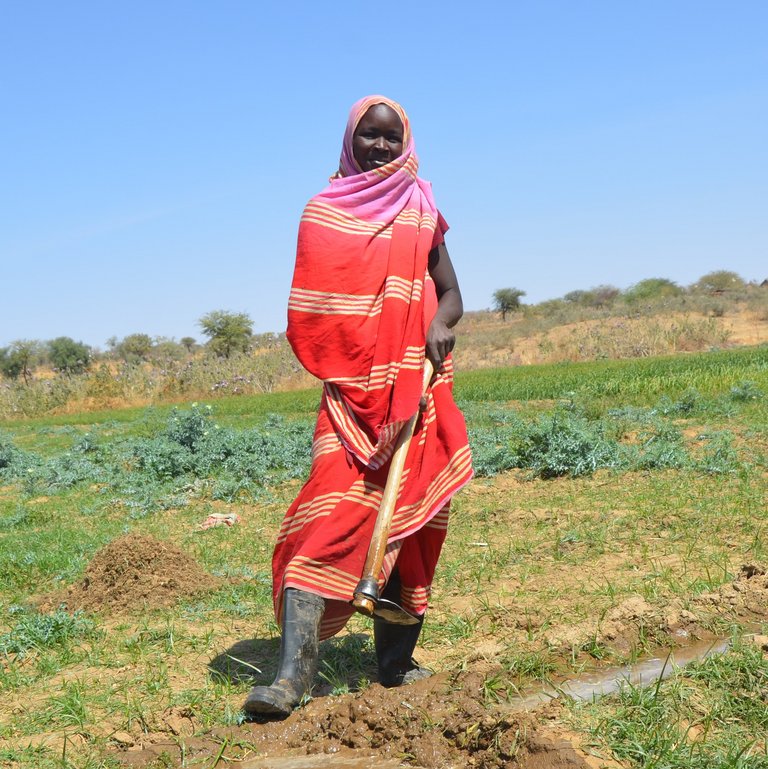
Djamila lives in the province of Ouaddai in eastern Chad – a region where people suffer from scorching heat, droughts and famine. "Our harvests were very meagre, we often went to bed hungry. From the little we had, we tried to sell something at the market so that we would at least have a small income. But everyone offered the same vegetables at the same time. That ruins the prices," reports Djamila.
To enable people like Djamila to earn a living from their own resources, we have already strengthened the local infrastructure in the past by building wells. Together with our local project partner, we are currently distributing free seeds and tools to young farmers and providing them with training on how to grow vegetables efficiently and market their harvest.
Help trains us and supports us with the necessary gardening tools. We now cultivate large areas and earn better money.
Djamila, 27 years old
What is the situation like in Chad?
Conflicts, climate change & disasters
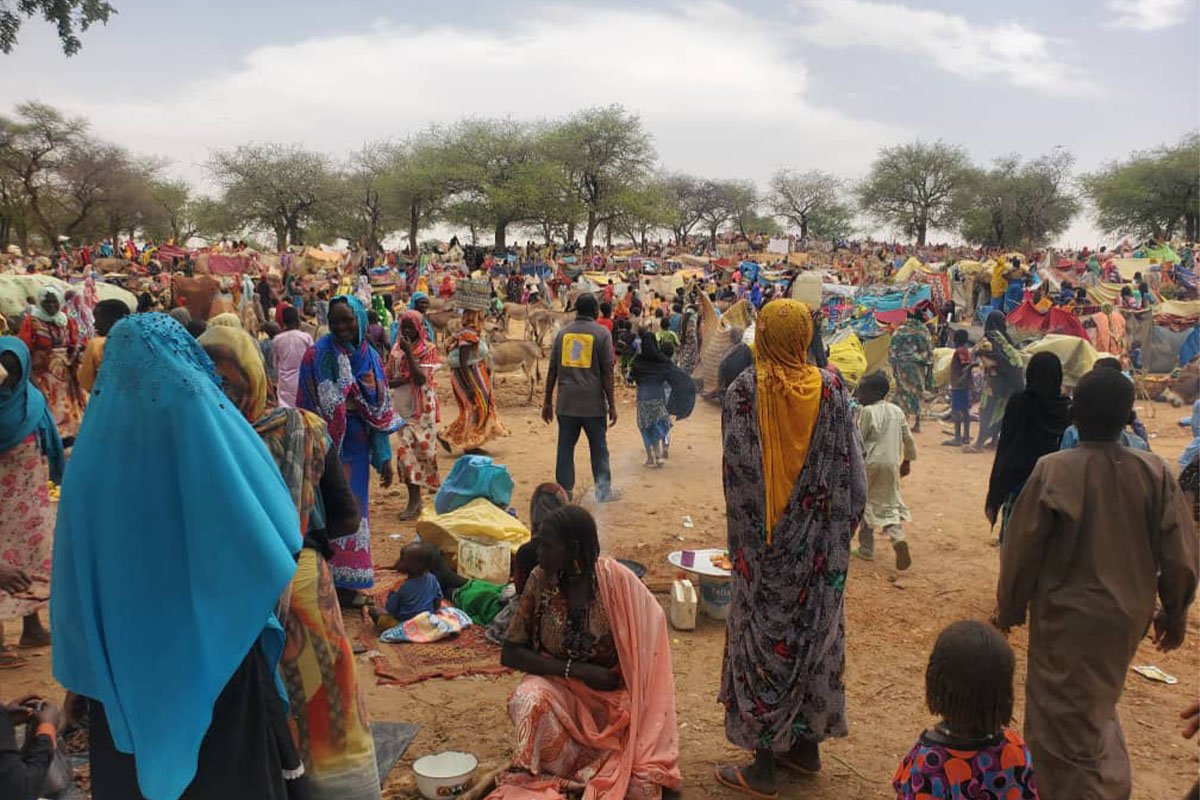
The region around Lake Chad has been affected by a severe humanitarian crisis for years. Climate change-related droughts and heatwaves have led to the surface area of Lake Chad shrinking by 90 percent since 1960. This is a catastrophe for the local population, as the majority of people are dependent on fishing and agriculture. Added to this is the violence of extremist groups such as Boko Haram, which have been terrorizing the population for years. Many families have been forced to leave their home villages. There are now around 2.5 million displaced people and refugees living in the Lake Chad region. Despite the scale of the crisis, the situation at Lake Chad rarely makes it into the media - it is a forgotten crisis.
Living conditions in the rest of the country are also a major challenge. A large part of the population lives in extreme poverty and many people have no access to clean water, sanitation, food or medical care. Climate change is also leading to an increase in extreme weather events: In the fall of 2022, over 340,000 people in Chad were affected by severe flooding.
Since 2003, Sudanese refugees in eastern Chad have also been dependent on support from aid organizations such as Help. They fled the conflict in Darfur and are still unable to return to their home region. Since April 2023, there has been heavy fighting in Sudan, as a result of which hundreds of thousands of people have been displaced from their homes. Since then, around 550,000 Sudanese have fled to Chad.

